In June, heavy rains covered the Central Highlands. Durian gardens in Binh Phuoc , Dak Nong, Gia Lai… were plunged into anxiety. The durian fruit had not yet had time to grow but was already hard, traders abandoned their stakes, farmers lost both their harvest and their customers.
Some places still have 17,000 VND/kg, some places have traders abandoning deposits
Leading us into a durian garden of more than 100 trees in Dak Sin commune (Dak R'lap district, Dak Nong province), Mr. Vu Dang Thanh walked heavily on the red soil still soaked with water from the rain last night. Each deep footprint was like the heavy heart of a farmer facing an unprecedented durian crop failure.
“They looked at the garden, praised it as beautiful, deposited 30 million and promised to cut it for 60 - 65,000 VND/kg. But after a few long rains, before the fruit could be harvested, they came back and said the fruit was dry, and they paid 30,000 VND/kg,” Mr. Thanh said, his eyes not leaving the yellowing fruit on the branches.
He admitted that this was the first time in several years of growing durian that he felt so helpless.
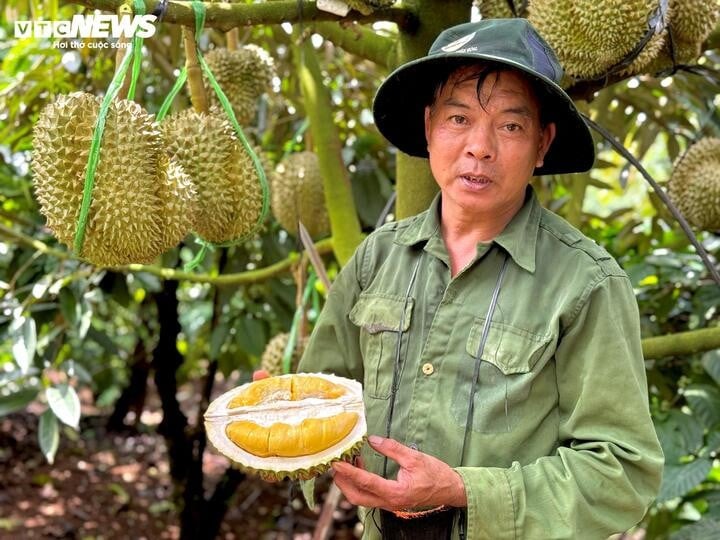
Not far away, Ms. Nguyen Thi Nguyen was also struggling with sadness. Her garden had only a few dozen trees, but it was her entire fortune after many years of working for hire.
“Seeing the fruit was about to come, I was very happy, thinking that this time I could pay off the bank loan. Who would have thought…”, She choked up, standing still looking at the garden that had just produced its first fruit.
The trader came in to look, nodded, but when the cutting day was near, he made up an excuse, postponed the date, and then did not contact again: “When I called, they said they were busy and told me to find someone else to sell it to. But who would buy the fruit? I honestly don’t dare blame them, but I’m really helpless and don’t know what to do.”
The widespread drought has caused durian prices to plummet. A survey by reporters in key growing areas showed that Thai, Musangking and Ri6 durians collected by traders in the garden were priced at VND60,000, VND55,000 and VND50,000 respectively.
However, the gardens that showed signs of being unripe, even if only a small part of the lot, were immediately forced down by traders to 25,000 - 35,000 VND/kg. Some households even had to accept selling for 17,000 VND/kg to cut losses.
Musangking garden has heavy, beautiful fruits but the price has dropped by more than half due to waterlogging.
For example, in Nghia Binh commune (Bu Dang district, Binh Phuoc province), the garden owner just gritted his teeth and sold nearly 2 tons of Ri6 durian for 17,000 VND/kg. The reason is that the water level is at a level that cannot be saved.
Confirming with us, Mr. NVA (trader, residing in Dak Nong) said he was the buyer of the above durian garden.
“In fact, everyone wants to buy delicious, beautiful durian, but they have no choice. To be honest, I already paid a deposit of 60 million VND for that garden, so now I have to buy it back at 17,000 VND/kg. The price sounds low, but it is true to the quality of the fruit. That garden has too much durian, too hard and hard, and cannot be made into anything other than ice cream.” Mr. A. said.
Therefore, the price of 17,000 VND/kg for the above batch of unripe durian is considered reasonable by many people in the profession, as both sides sympathize with each other.
Continuing to contact some traders who had placed deposits to buy durian in these areas, we were told by many people: Durian cannot be exported, and if you collect it, you will have to throw it away. It is better to lose a deposit of tens of millions than to keep a ton of defective goods.
The durian was watery, so the trader split it in the garden and paid the price of 25,000 VND/kg.
“There have been many cases where traders came to the garden to demand their deposits back and were cursed and beaten by the garden owners. We understand their psychology, so we accept to forfeit the deposit or buy at a low price to import for the ice cream factory.” said a trader.
According to the people, after deducting the cost of fertilization, if durian is sold at 40,000 VND/kg, it is considered break-even, lower is a loss, and as low as 17,000 VND/kg, it is a heavy loss.
Is there still a way to "save" the country?
Engineer Tran Hai, who closely follows the field in Dak Nong, said that the waterlogging situation is not necessarily "unforeseeable".
“It is true that the unseasonal rains this year are too frequent, but part of the reason is that the trees are weak and have an imbalance in nutrition. When it rains, they absorb too much water, the fruit cannot develop in time, and become hard.” Engineer Tran Hai said.
According to him, Musangking and Ri6 are the two most susceptible varieties. There are gardens where the rate of unripe fruit is up to 70 - 80%, not only losing productivity but also losing the trust of traders - who often buy goods before the season.
“If there are a few bad cases, traders will be cautious and not dare to take risks. And that will lead to unsold products.” he added.
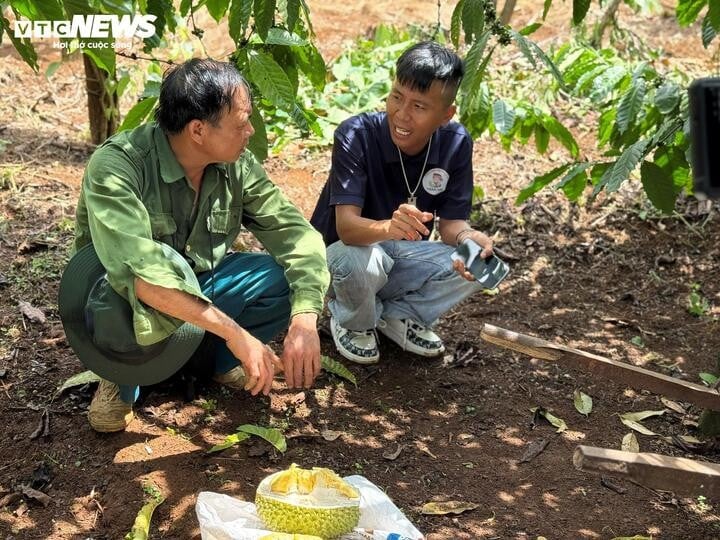
Engineer Hai said that to limit fruit hardness, it is necessary to change from the root. In fact, many gardeners only use NPK fertilizer, while durian trees need to be fully supplemented with macronutrients, micronutrients and medium nutrients. Imbalanced fertilization causes the tree to grow crookedly, the fruit is weak, and when it rains, it accumulates water, leading to hardness.
He recommends that gardeners need to irrigate properly and actively drain water. Adjust fertilizers, supplement medium and micronutrients adequately. Strengthen technical advice from the beginning of the season. Observe weather developments, take protective measures, and intervene early.
“Plants are like people, if they eat the wrong food, they will get sick. To prevent disease, the plants must first be healthy. This crop may fail, but if we don’t make adjustments, the next crop will fail too.” Mr. Hai emphasized.
In Dak Nong, engineer Tran Hai is not only a technical instructor for farmers, but also directly surveys, tests and implements everything from soil, water, fertilizer to fruit.
“To really clean it up is not difficult, but we cannot stop at verbal recommendations. I personally collected 30 samples of fertilizer on the market for testing. The results were surprising when only 7 samples met the allowable cadmium threshold,” Engineer Tran Hai said.
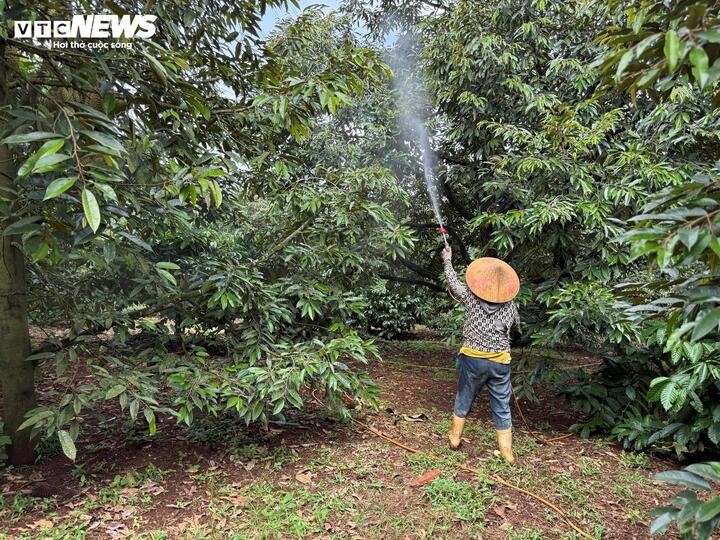
Standard fertilizers usually cost about 20,000 VND/bag more, which is an acceptable cost if you want to have decent agriculture .
Many people think that all fertilizers are the same, but long-term accumulation in the soil is a risk of silent poisoning. Without control from the root, clean fruit is just a story on paper.
The technical process that engineer Hai and his colleagues are implementing includes 3 mandatory control steps: Testing soil and water before cultivation to determine if the foundation is suitable; Testing the fruit on the 60th day to monitor the level of heavy metal accumulation; Testing the fruit a second time on the 110th day, while analyzing pesticide residues.
To date, Mr. Hai has tested 139 durian gardens in Dak Nong, all of which tested negative for cadmium.
Source: https://baolangson.vn/sau-rieng-suong-nuoc-nong-dan-bat-luc-nhin-gia-rot-tham-5051030.html



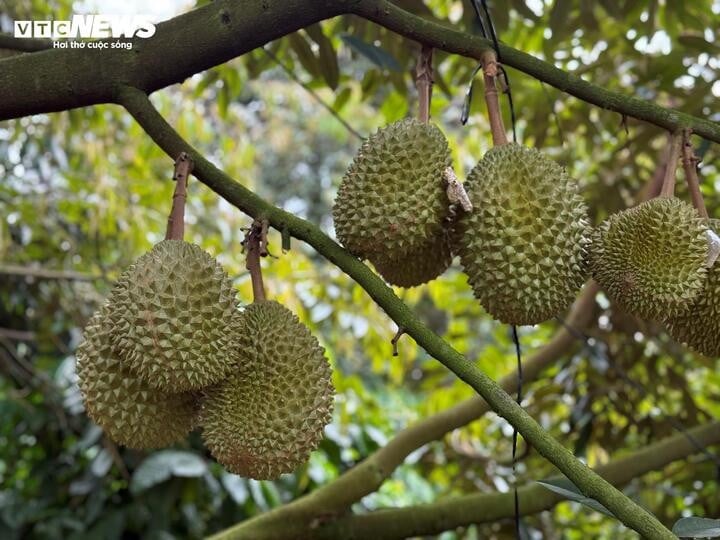
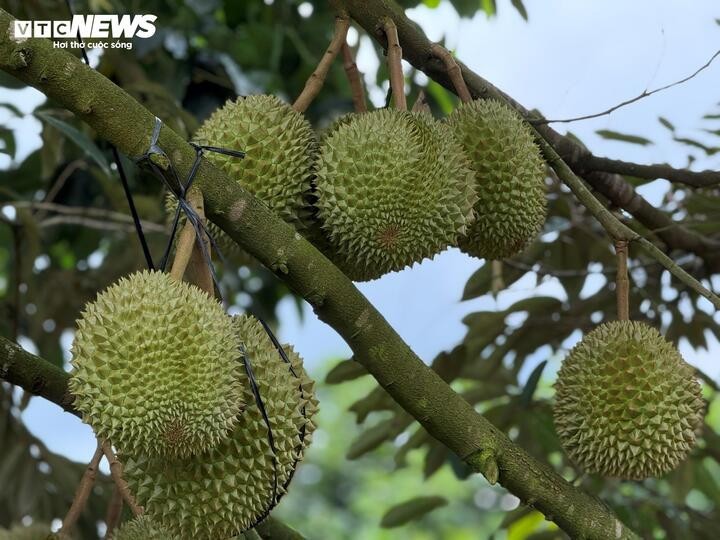
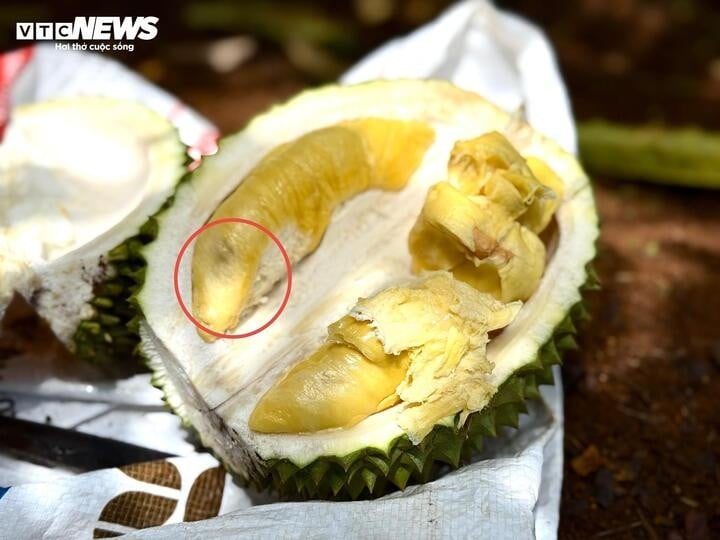
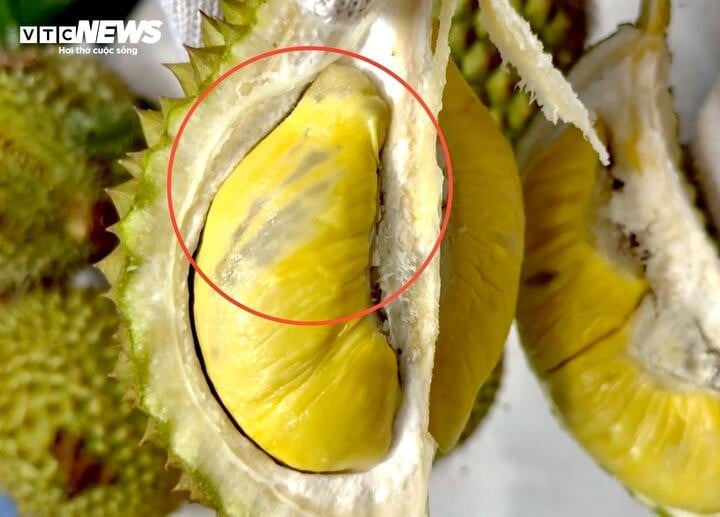
![[Photo] Celebration of the 65th Anniversary of the Establishment of Diplomatic Relations between Vietnam and Cuba](https://vphoto.vietnam.vn/thumb/1200x675/vietnam/resource/IMAGE/2025/9/1/0ed159f3f19344e497ab652956b15cca)
![[Photo] Chu Dau Ceramics – Proud of Vietnamese identity at Exhibition A80](https://vphoto.vietnam.vn/thumb/1200x675/vietnam/resource/IMAGE/2025/9/1/c62ab2fc69664657b3f03bea2c59c90e)
![[Photo] People eagerly wait all night for the parade on the morning of September 2](https://vphoto.vietnam.vn/thumb/1200x675/vietnam/resource/IMAGE/2025/9/1/0cf8423e8a4e454094f0bace35c9a392)
![[Photo] National Assembly Chairman Tran Thanh Man receives Cambodian Senate President Hun Sen](https://vphoto.vietnam.vn/thumb/1200x675/vietnam/resource/IMAGE/2025/9/1/7a90c9b1c1484321bbb0fadceef6559b)
![[Photo] Solemn reception to celebrate the 80th anniversary of the National Day of the Socialist Republic of Vietnam](https://vphoto.vietnam.vn/thumb/1200x675/vietnam/resource/IMAGE/2025/9/1/e86d78396477453cbfab255db1e2bdb1)
![[Photo] General Secretary receives heads of political party delegations from countries attending the 80th anniversary of our country's National Day](https://vphoto.vietnam.vn/thumb/1200x675/vietnam/resource/IMAGE/2025/9/1/ad0cb56026294afcae85480562c2e790)




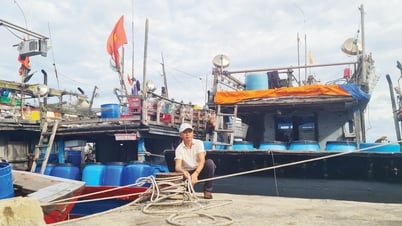

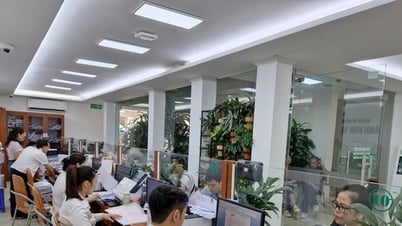

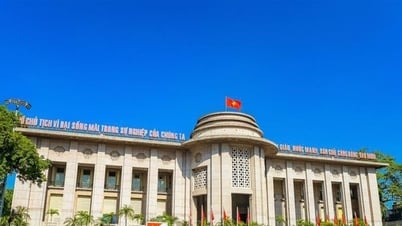












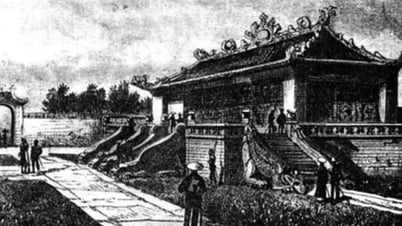

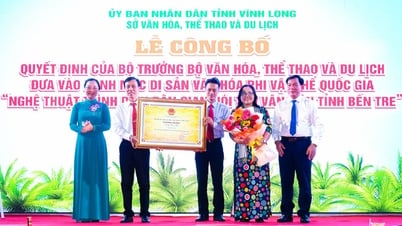

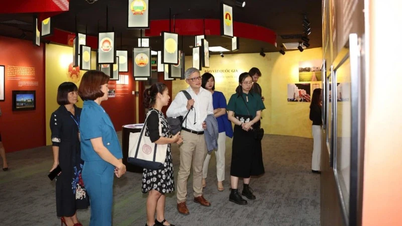








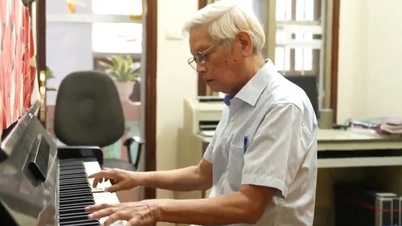
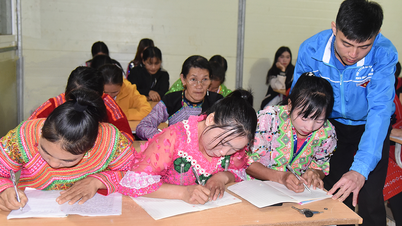














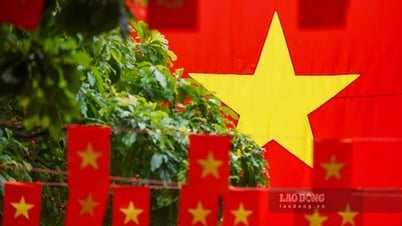



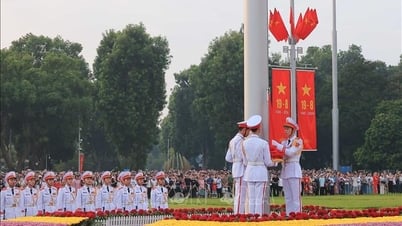














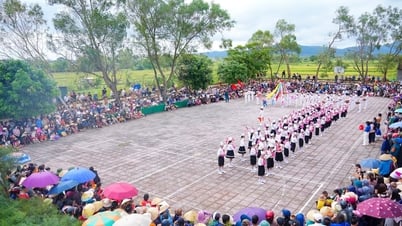





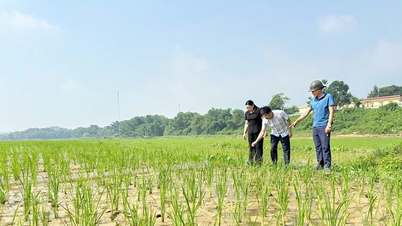

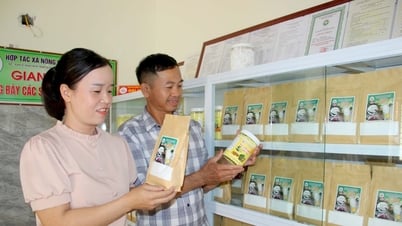



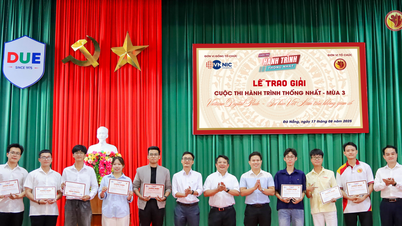

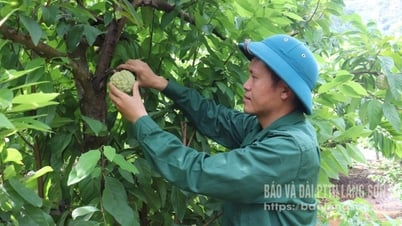

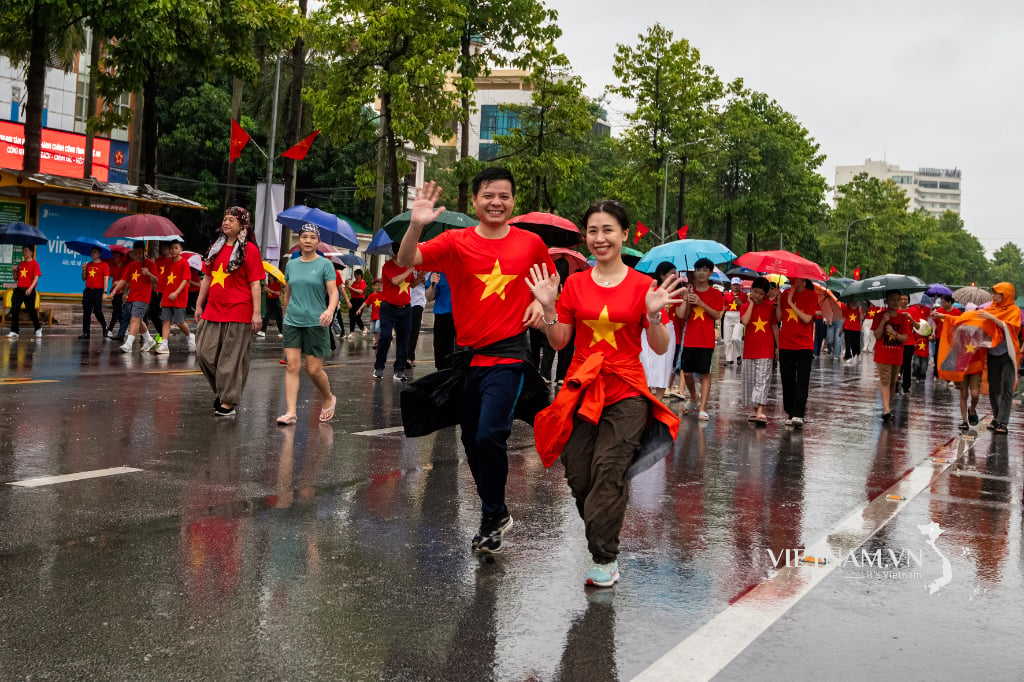



Comment (0)